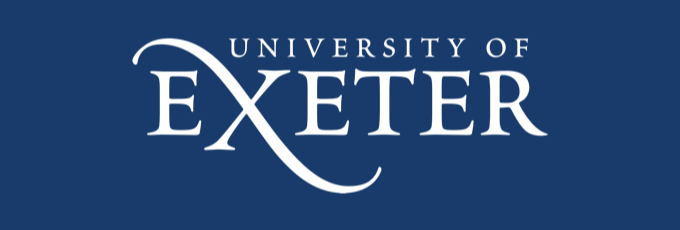Education and research in areas such as geoscience and geo-resources are crucial as they help us tackle urgent environmental issues, especially when it comes to adopting sustainable practices instead of relying on fossil fuels. Camborne School of Mines (CSM) at the University of Exeter is one of the world’s leading institutions that specialise in this area, with mining and minerals education at undergraduate and postgraduate levels, as well as professional courses.
Founded in 1888, CSM became an internationally eminent organisation in the 1900s for mining education, boasting alumni who worked in the UK and all over the world. Located in Cornwall, Southwest of the UK, the school is in a historic mining area, making it the ideal place to learn and prepare for the jobs of the future.
CSM is also part of the Russell Group — 24 world-class, research-intensive universities. “Our ethos is truly interdisciplinary, and we value both theoretical and practical work in developing a holistic understanding of the geological world, our relationship to it, and the skills and knowledge needed for responsible use of natural resources,” explains Professor Patrick Foster, Head of CSM. “We have a long history of successful partnerships with industry and a hugely supportive alumni network that is truly global. We welcome you to explore what we do and encourage you to join us!”

Source: Camborne School of Mines
Many qualities make CSM’s programmes internationally recognised. Cutting-edge research for the mining industry is certainly a priority, from mineral recovery and mining futures to the Active Earth research group and ore deposits and critical metals. Some of the research includes the NL4D Bushveld Complex project in partnership with Anglo American; and the UKRI Interdisciplinary Circular Economy Centre for Technology Metals (Met4Tech), expertise in geothermal energy, environment and resource management. The school has even recently received three million pounds from Anglo American to establish a research chair in the future of mining.
Students get to be involved in highly practical projects. CSM is home to Deep Digital Cornwall (DDC), which has examined the production of enhanced geological models using gravity metres and regional-scale TEM geophysics surveys combined with machine learning to generate extensive and unique digital databases. The DDC’s close delivery partners include Cornish Lithium, Cornwall Resources and South West Centre of Excellence in Satellite Applications. Working with these companies, they have been able to create a visualisation suite for 3D and 4D imaging that encompasses a digital replica of mines and their underground surroundings. This allows for extensive analysis and examination of vast amounts of data, both above and below the surface. These impressive discoveries have been used for resource characterisation, evaluation and optimisation, geotechnics and rock mechanics modelling.

Source: Camborne School of Mines
Perhaps CSM’s most unique selling point is that its master’s programmes cover the whole mining value chain, from exploration, through operations to closure and the environment. The master’s programmes include MSc Mining Engineering, MSc Mining Geology, MSc Exploration Geology, MSc Geotechnical Engineering, MSc Surveying and Land/Environmental Management, MSc Minerals Processing and MSc Mining Environmental Management. The school is highly ranked: CSM was 10th in the UK for Geology by The Complete University Guide 2023; 11th in the world for Mineral and Mining Engineering by QS University World Subject Rankings 2022; and third for Materials and Mineral Engineering by The Guardian University League Table 2022.
The field of automated mining and robotics is another area in which CSM has recognised expertise. Working with the University of Exeter’s Institute for Data Science and Artificial Intelligence gives students access to research expertise in machine learning, big data, AI, remote sensing and environmental intelligence. Students also can make use of CSM’s state-of-the-art facilities, which feature analytical mineralogy labs worth two million pounds and an automated QEMSCAN scanning electron microscope, which is the first in any university worldwide.

Source: Camborne School of Mines
Guiding students through their research are the globally recognised CSM staff, who have specialisations in health and safety management systems, developed in partnership with Anglo American, and work in immersive technology, robotics and machine learning. “The lecturers are always really helpful, supportive and there when you need them,” says Omolara, MSc Mining Geology student.
The benefits of attending this institution do not stop at graduation. University of Exeter and CSM have an extensive global network of alumni who are making a real difference in their fields both locally and internationally, optimising resources and developing solutions to imminent issues. Some of the noteworthy organisations they’ve joined are Miniviro, which does material flow analysis as well as develops life-cycle-analysis software, and KMO, which combines sensor-based data analytics and artificial intelligence to enable the optimisation of mobile mining fleet systems, as well as the largest mining organisations around the world. As a member of the Camborne School of Mines Association (the alumni body of CSM), graduates can benefit from their experience and be part of the real changes being made.
CSM will be introducing new international student scholarships in 2024.
Be part of the sustainable change at Camborne School of Mines, click here to apply now.
Follow Camborne School of Mines on Facebook, Twitter, LinkedIn, Instagram and YouTube.












